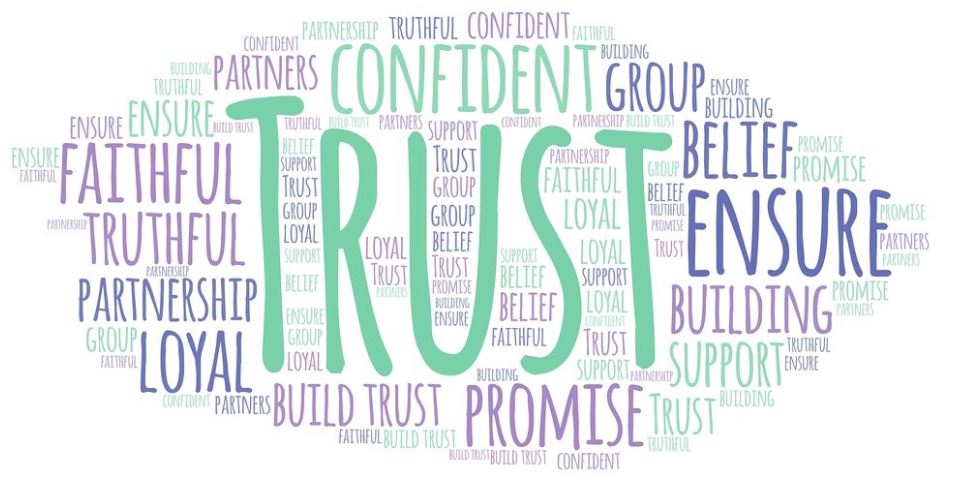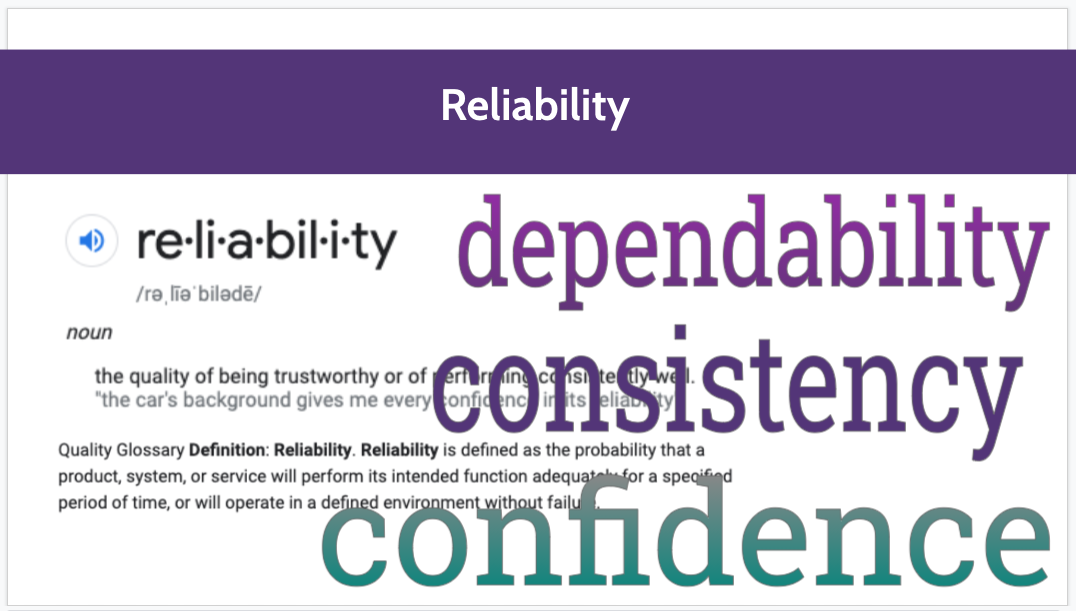“When we tell people to do their jobs, we get workers. When we trust people to get the job done, we get leaders.”

Simon Sinek
This quote struck me a few months ago when I was preparing for a workshop in the Essential Daring Leadership Skills series. It addresses two things that I have always been passionate about:
- Empowering our next generation of leaders (including my 4 daughters).
- Trusting that people are good and kind, even at the risk of people taking advantage of me (a recurring argument in my lifetime).
But let’s take a step back and look at trust. What is it? What is the cost of losing it? And how do you get more of it?
I find that these concepts, while often directed at business and teams, are just as applicable to our personal lives and relationships. If you know me very well, then you also have heard me talk about “testing my theories and skill building” on, I mean with, my daughters. It’s a little softer landing when I screw up since we have strong relationships to start.
There’s a video from Simon Sinek where he tells a great story about Noah who happens to be an employee at both the 4 Seasons Hotel and Caesars Palace in Las Vegas. The story is fabulous because he explains the nuances between “being yourself” and “being an employee” and the direct impact on business and trusting teams. It is completely worth watching, even if you just watch the first 4.5 minutes! (the link is at the bottom of this page)
Simon goes on to share about how to build trusting teams, which does not include a magical formula but does include leadership that builds a belief, a faith, that people are valued.
What is the cost of broken trust?
When trust is broken, it acts like an illness that creeps into various parts of your mind without your knowledge or permission. It often feels like:
- Anxiety
- Jealousy
- Disconnection
- Avoidance
- Faking it
Broken trust looks like:
- Lying
- Hiding
- Decline in production
- Lots of armor so you don’t get hurt
Literally, broken trust is a safety issue. When trust is broken, you don’t feel safe to be your true self, and/or you don’t expect others to be their best selves.

Benefits of trust
When a team, or relationship of any type, is filled with trust, some of the benefits include:
- Innovation – the ability to improve current systems, increase productivity and efficiency, and practice curiosity (which further improves the innovation)
- Productivity – get more out of people with less effort & cost, while every has more fun
- Connection – as human beings, we are wired for connection. When we feel connected, it is easier to connect to the purpose and vision, thus improving our ability to communicate and our motivation to deliver.
- Loyalty – Again, connection and belonging come hand in hand with advocacy and commitment.
- Courage – Trust is one of the 4 skills required for courage, according to Brené Brown in her Dare To Lead™ book and programming
- Accountability – responsibility and ownership are both inclusive here, and especially important for fixing mistakes
- Communication – and now we are circling back to the other benefits of the trust. But if you can’t communicate, what do you have?
- Love – the ultimate win, right?!
What breaks trust?
According to Brené Brown and her BRAVING Trust inventory, there are 7 components to trust. All of these are crucial to building and maintaining trust, and anyone, in a bad moment, can erode, or even wipe away the trust. Trust is built in many small, seemingly insignificant moments.
In our last workshop, we did a deep dive into the first 3, but here are all 7:
- Boundaries: “What’s okay and what is not okay”
- Reliability: dependability and consistency
- Accountability: responsibility and ownership, which can be wrapped up in two main concepts, both are often required: own it, fix it
- Vault: only share what is yours to share
- Integrity: do what is right, even when it is uncomfortable and when no one is looking
- Nonjudgement: be kind, listen deeply, remove the judgment.
- Generosity: be kind, extend the most generous possibility to people

Trust can be expensive, especially when you lose it. “Harvard Business School professor Frances Frei gives a crash course in trust: how to build it, maintain it and rebuild it — something she worked on during a recent stint at Uber. ‘If we can learn to trust one another more, we can have unprecedented human progress,’ Frei says.”
According to Fei, building trust includes:
- Authenticity
- Logic
- Empathy
And she explains that authenticity is the most crucial – if you are not “you”, it will be near impossible. This is easier when you are around people who are like you. But when you are connecting with people who are different, it becomes more difficult to be true to ourselves.
To recap, trust requires valuing people as people above systems, and treating them with respect, and valuing their ideas and potential. Trust can be lost quickly with one major “bad moment” or overtime in a series of small, seemingly insignificant moments. Likewise, trust requires many seemingly insignificant moments to be created and is not a result of titles, position, or demand. Increased trust in teams results in increased productivity, increased respect, and increased results. Oh, and did we mention that it is more fun?
Lastly, authenticity is crucial. As humans, we can see through the smoke and mirrors… or at least we sense the facade and lose trust innately…it’s almost a survival instinct.
Be you.
RESOURCES mentioned in this article:
- Trusting Teams | THE 5 PRACTICES https://www.youtube.com/watch?v=W5qQJhe7sLE
- Dare To Lead™ programming (link to the MPK DTL program page)
- Braving Inventory by Brené Brown https://daretolead.brenebrown.com/wp-content/uploads/2020/02/BRAVING.pdf
- Frances Fei, TED Talks https://youtu.be/pVeq-0dIqpk